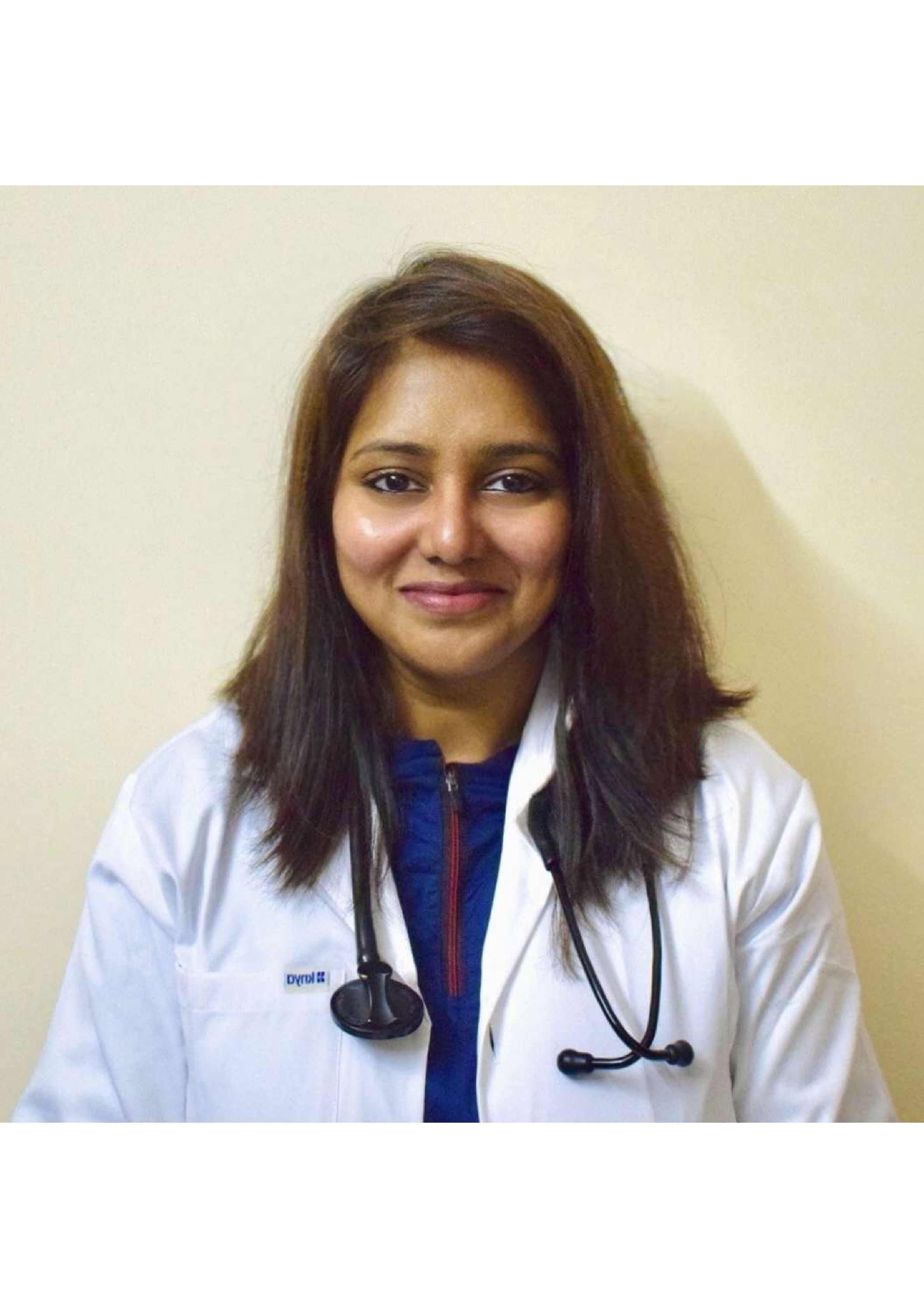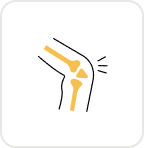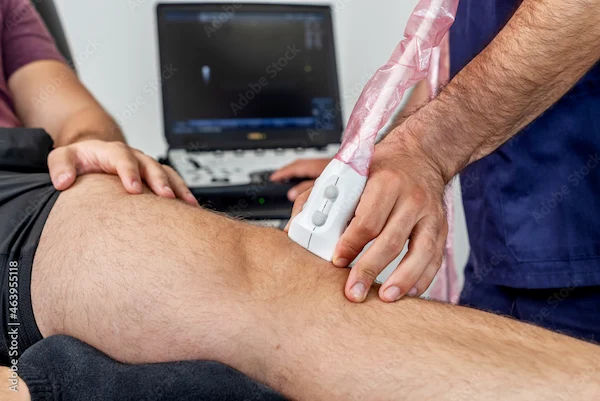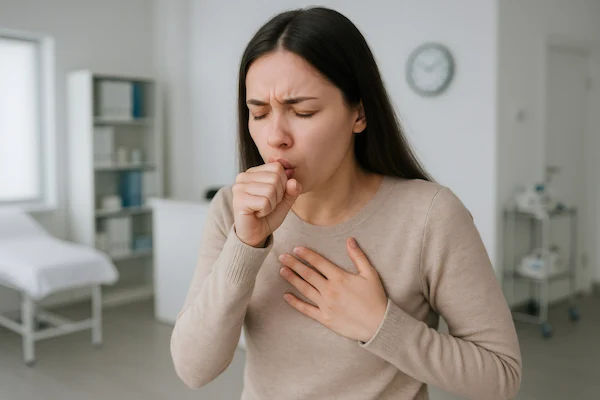Osteopenia: Causes, Symptoms, and Treatments
Learn about osteopenia, its causes, symptoms, and treatment options. Discover how to protect bone health and prevent progression to osteoporosis.


Introduction
Osteopenia is a condition where your bones become weaker than normal but are not yet fragile enough to be classified as osteoporosis. While it doesn’t always cause symptoms, it increases the risk of fractures if left unmanaged. The good news is that with early detection and the right lifestyle changes, you can strengthen your bones and prevent further bone loss.
In this article, we’ll discuss what osteopenia is, its causes, symptoms, and treatments, along with simple tips to keep your bones healthy.
What Is Osteopenia?
Osteopenia means your bone mineral density (BMD) is lower than normal but not low enough to be osteoporosis. Bones naturally lose density as we age, but certain factors can speed up this process. If osteopenia progresses, it can lead to osteoporosis, making bones more prone to fractures.
Consult a General Physician for the best advice
Causes of Osteopenia
Several factors contribute to osteopenia, including:
1. Ageing – Bone density peaks around age 30 and gradually declines afterward.
2. Hormonal Changes – Low estrogen (in women after menopause) and low testosterone (in men) can weaken bones.
3. Poor Nutrition – Lack of calcium and vitamin D weakens bones over time.
4. Sedentary Lifestyle – Lack of weight-bearing exercise reduces bone strength.
5. Smoking & Excessive Alcohol – These habits interfere with bone formation.
6. Certain Medications – Long-term use of steroids or some thyroid medications can affect bone health.
7. Family History – If close relatives have osteoporosis, your risk increases.
Symptoms of Osteopenia
Osteopenia usually doesn’t cause noticeable symptoms until a bone fracture occurs. Some people may experience:
- Mild bone pain (though this is rare)
- Height loss (due to spinal compression)
- Weakness or frequent fractures (especially in the wrist, hip, or spine)
Since symptoms are often silent, a bone density scan (DEXA scan) is the best way to diagnose osteopenia.
Get Your Health Assessed
How Osteopenia Affects Your Health
If left untreated, osteopenia can progress to osteoporosis, increasing the risk of fractures, even from minor falls. Hip and spine fractures can lead to long-term pain, reduced mobility, and a lower quality of life. The key is early detection and preventive care.
Treatment and Management of Osteopenia
The goal is to slow bone loss and strengthen bones. Here’s how:
1. Dietary Changes
- Calcium-rich foods: Dairy (milk, yogurt, cheese), leafy greens (spinach, kale), almonds, and fortified foods.
- Vitamin D sources: Sunlight, fatty fish (salmon, tuna), eggs, and fortified cereals.
- Protein intake: Helps maintain bone structure (lean meats, beans, lentils).
2. Exercise for Stronger Bones
- Weight-bearing exercises: Walking, jogging, dancing, and stair climbing.
- Strength training: Lifting weights or using resistance bands.
- Balance exercises: Yoga or tai chi to prevent falls.
3. Lifestyle Adjustments
- Quit smoking – Smoking reduces bone density.
- Limit alcohol – Excessive drinking weakens bones.
- Maintain a healthy weight – Being underweight increases fracture risk.
4. Medications (If Needed)
If your bone loss is significant, your doctor may prescribe:
- Calcium and Vitamin D supplements
- Bisphosphonates (medications that slow bone loss)
When to See a Doctor
If you’re at risk (postmenopausal women, older adults, or those with a family history), consider a bone density test. Early detection helps prevent complications.
Book a Consultation or Test with Apollo 24|7
If you’re concerned about osteopenia or need a bone density scan, you can easily schedule a consultation or test through Apollo 24|7. Early intervention can make a big difference in maintaining strong bones!
Final Thoughts
Osteopenia is a warning sign that your bones need extra care. With the right diet, exercise, and lifestyle changes, you can protect your bone health and reduce the risk of fractures. If you suspect you might have osteopenia, don’t wait; get checked and take steps to keep your bones strong for years to come!
Consult a General Physician for the best advice
Consult a General Physician for the best advice

Dr. Anand Ravi
General Physician
2 Years • MBBS
Bengaluru
PRESTIGE SHANTHINIKETAN - SOCIETY CLINIC, Bengaluru

Dr. Vivek D
General Physician
4 Years • MBBS
Bengaluru
PRESTIGE SHANTHINIKETAN - SOCIETY CLINIC, Bengaluru

Dr Syed Mateen Pasha
General Physician
2 Years • MBBS
Bengaluru
PRESTIGE SHANTHINIKETAN - SOCIETY CLINIC, Bengaluru

Dr. Srujana Mulakalapalli
General Physician/ Internal Medicine Specialist
5 Years • MBBS, MD (GENERAL MEDICINE)
Bengaluru
Apollo Medical Center, Marathahalli, Bengaluru
(25+ Patients)

Dr. Harshendra Jaiswal
General Physician/ Internal Medicine Specialist
12 Years • MBBS , MD (General medicine)
Kolkata
108 DHANA DHANVANTARI Clinic, Kolkata
(25+ Patients)
Consult a General Physician for the best advice

Dr. Anand Ravi
General Physician
2 Years • MBBS
Bengaluru
PRESTIGE SHANTHINIKETAN - SOCIETY CLINIC, Bengaluru

Dr. Vivek D
General Physician
4 Years • MBBS
Bengaluru
PRESTIGE SHANTHINIKETAN - SOCIETY CLINIC, Bengaluru

Dr Syed Mateen Pasha
General Physician
2 Years • MBBS
Bengaluru
PRESTIGE SHANTHINIKETAN - SOCIETY CLINIC, Bengaluru

Dr. Srujana Mulakalapalli
General Physician/ Internal Medicine Specialist
5 Years • MBBS, MD (GENERAL MEDICINE)
Bengaluru
Apollo Medical Center, Marathahalli, Bengaluru
(25+ Patients)

Dr. Harshendra Jaiswal
General Physician/ Internal Medicine Specialist
12 Years • MBBS , MD (General medicine)
Kolkata
108 DHANA DHANVANTARI Clinic, Kolkata
(25+ Patients)







